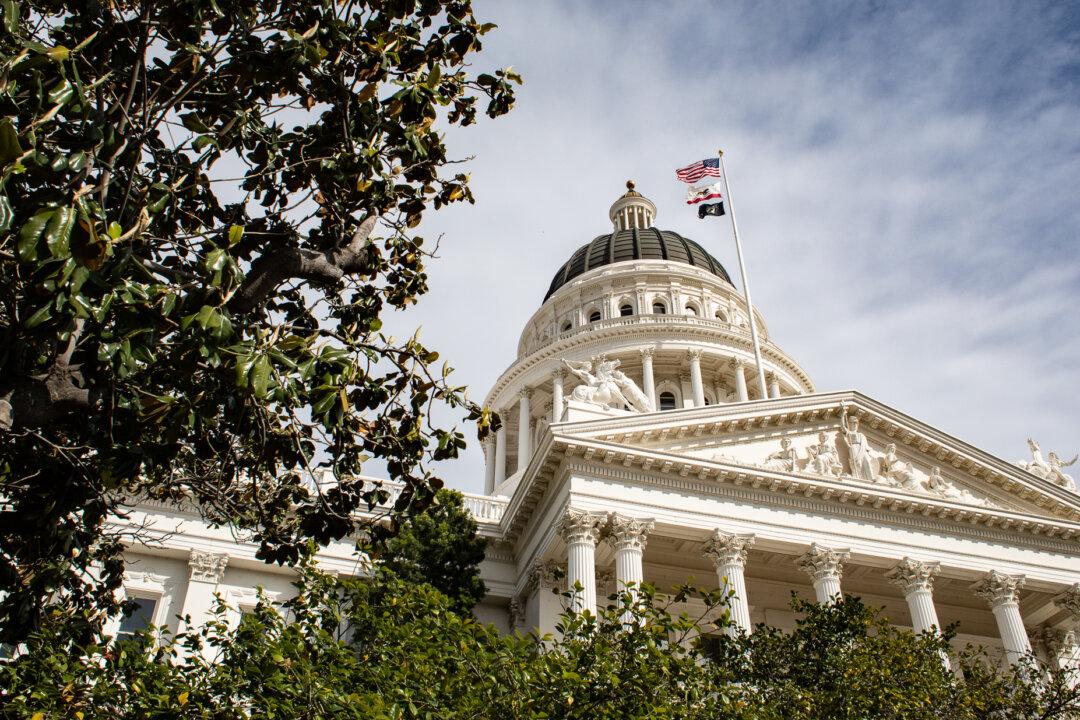In a landmark decision on May 17, a California district court blocked a state law mandating racial quotas on corporate boards, ruling that it violated the U.S. Constitution.
The California law, AB979, required that a minimum number of people from “designated racial, ethnic, and LGBTQ backgrounds” have a seat on corporate boards.





